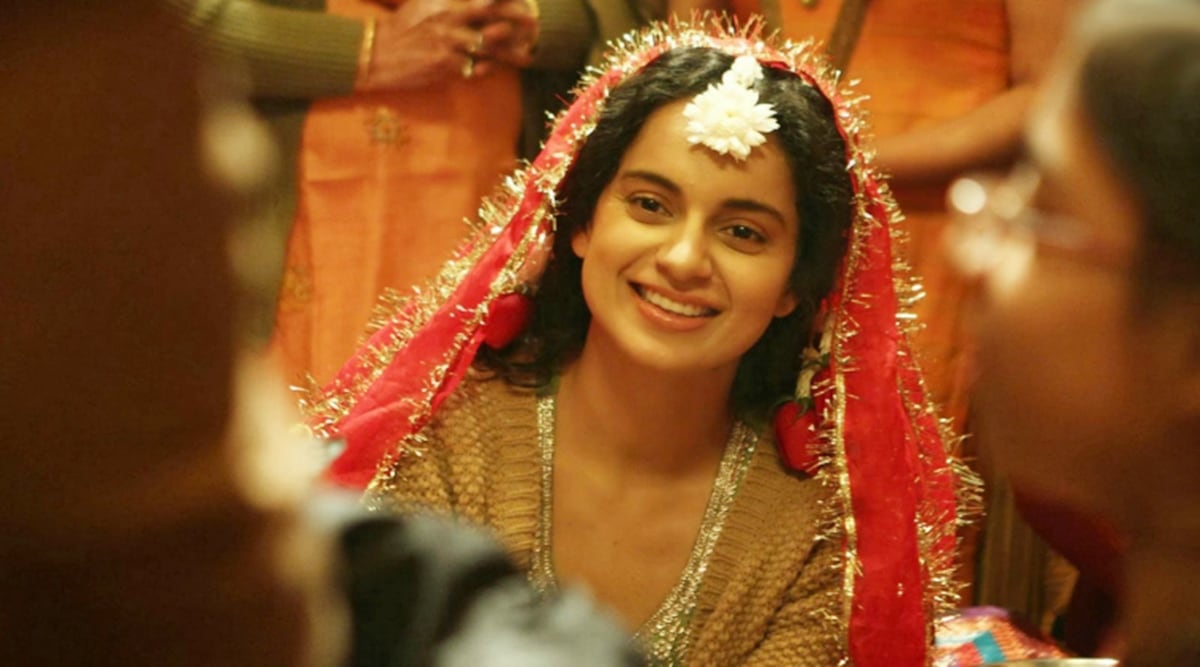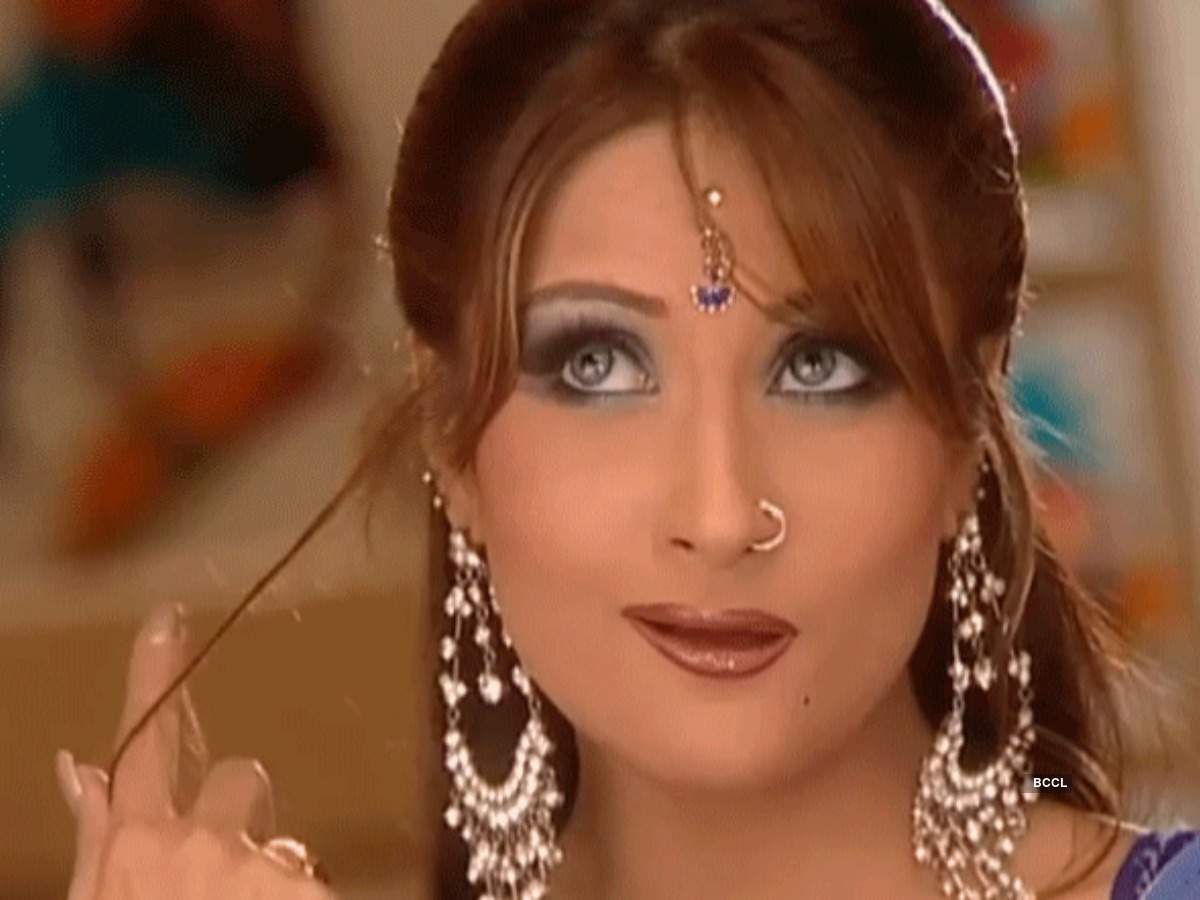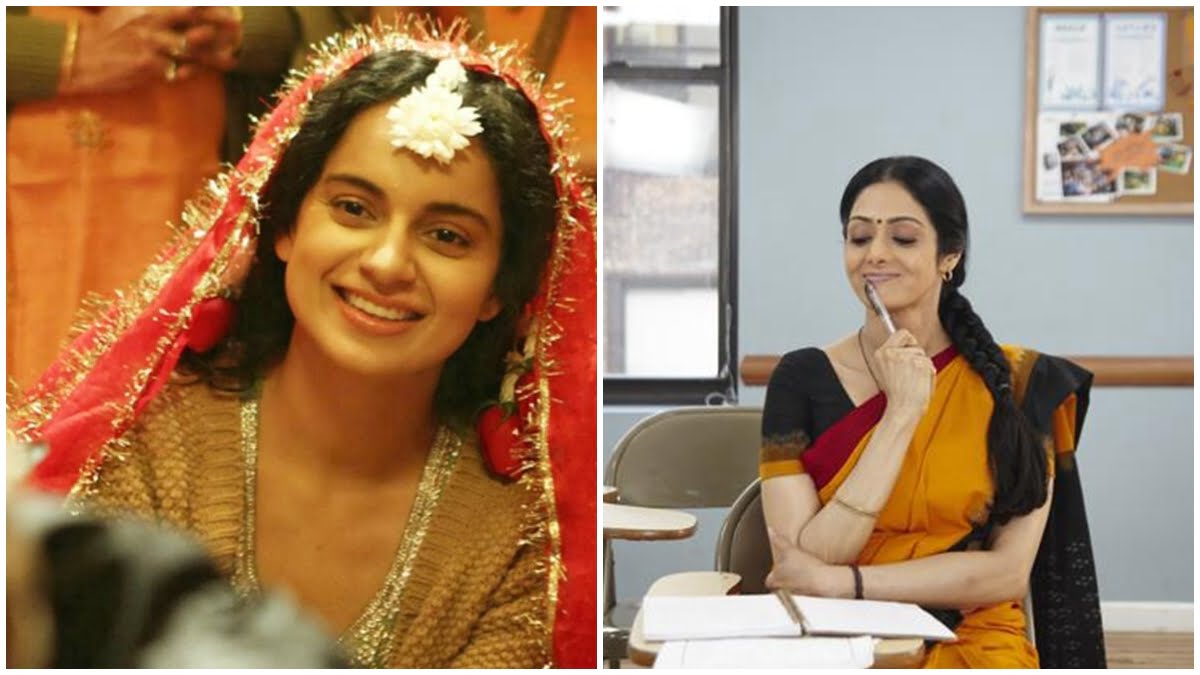In the popular discourse, women-centered movies are thought to be the crib of the feminist ideology; and their leads thought to be the ideal that the “feminist type women” want to embody. However, it is essential to identify the difference between women-centric movies and feminist movies.
First things first: How are the two different? A women-centric movie is simply one where a woman is the protagonist but as we shall later see, a protagonist does not define if the movie is feminist or not. Many times, women-centric movies end up highlighting the stereotypes and essentialising people who belong to different gender communities. A feminist movie is one where the portrayal of characters is such that nobody is stereotyped into set gender roles and related performativity, with reasonable exceptions. Movies like Queen and English Vinglish can be seen to fit into both the categories: their plots revolve around women and they also portray beautiful, empowering messages. With that said, let’s explore why women-centric movies might not always help the cause of feminism.


In Rekha starrer Khoon Bhari Maang (1988), Rekha is shown as a vengeful woman who is willing to put a family at risk to avenge herself. While the movie is one of the earliest to have a female protagonist, it can be viewed as having had a negative impact on the watchers as it strengthens the stereotype that wives want to break families apart for selfish interests. Similarly, while Gangubai Kathiawadi needs to be applauded for bringing the discourse of sex workers’ rights to the forefront, the movie is also quick in demonising the already marginalised Raziabai. If it is essential to think of Gangubai as a woman with a past, is it not just fair to briefly venture into the life of Raziabai or Sheila mausi as well?
While Gangubai Kathiawadi needs to be applauded for bringing the discourse of sex workers’ rights to the forefront, the movie is also quick in demonising the already marginalised Raziabai. If it is essential to think of Gangubai as a woman with a past, is it not just fair to briefly venture into the life of Raziabai or Sheila mausi as well?

Another pop favourite movie is Tanu weds Manu. After the release of the movie, the character of Manu was lauded as a gender equality icon for drinking Old Monk neat, abusing ‘like a man’ and being the ‘patakha’ lead that we’ve seen over and over in Bollywood movies. However, the designation of Manu so attained is questionable to this feminist. Firstly, doing something the men folk do freely is not an achievement. With that out of the way, let us look at another aspect of the movie. Manu is lauded for being able to speak her mind about who she wants to marry but to enable that, the plot labels her a ‘bigdail chudail’ rebel from the start. The point is do we really need our leading characters to be ‘bigdails’ for them to speak their mind? Or have we internalised that a good girl would not speak her mind because “good girls obey”?
The Balaji Telefilms “serials” that are meant to be watched by women are iconic when it comes to engendering internalised misogyny. These shows are targeted at the mature women viewership and yet portray these very ‘homemakers’ as scheming, bickering individuals, often vying for a man’s attention.

They are either vicious vamps looking to poison their families for material gains or innocent ‘bahuranis’ who will face all kinds of ill treatment because they are sanskari. Many unpleasant circumstances are depicted in the majority of the rom-coms that are released, which do not improve women’s place in society. Further, eve-teasing, women’s dependence on men, portrayal of women as obedient housewives, abduction are shown as natural consequences of actions of women.
Taking the conversation of women-centric vs. feminist further, a show or a movie need not be a women-centric movie to be a feminist one. A feminist movie should be one that does not objectify women and does not attach traditional performativity to any gender. For example, for a movie like Chhichhore which has male leads, it is interesting to note how the plot does not place the blame of the divorce on the ‘career-driven actress’, which is the case in Bollywood movies, every so often. While Annirudh and Maya are often shown disagreeing about some very delicate issues, the plot takes care not casting Maya as a so-called “over ambitious” woman who should be blamed for the situation her son finds himself in.
One would not call Udta Punjab a women-centric movie either but it may be referred to as a feminist one. It does not play into blind stereotypes. The women in the movie are neither an afterthought nor mere accessories. They are intricate characters who contribute significantly to the plot of the movie. Doctor Preet Sahni, for instance, is not just the usual ‘hot-assistant-to-the-professional’. She has a background story, strong motives and morals along with the requisite qualification.
One would not call Udta Punjab a women-centric movie either but it may be referred to as a feminist one. It does not play into blind stereotypes. The women in the movie are neither an afterthought nor mere accessories. They are intricate characters who contribute significantly to the plot of the movie. Doctor Preet Sahni, for instance, is not just the usual ‘hot-assistant-to-the-professional’. She has a background story, strong motives and morals along with the requisite qualification.
Also read: Netflix’s Sir: The Indian Audience’s Fascination With The Rich-Man-Loves-Poor-Girl Trope
But the next question is, should a mere healthy representation of genders be considered feminist enough? Are we setting the bar too low? In my opinion, for a movie or show to be feminist, it does not need to glorify women or take up the cause of women. Often, Bollywood stories are based on the prevalent myths about gender-based temperaments. We are all aware of the “gold digger-turned wife” tropes. It is time to ask if we, as a society, have gotten enough Mubarakans. Another trope that we are all too aware of is the hypermasculine depiction of the men in the movie. Such movies not only perpetuate the gender based stereotypes about ‘dominant patriarchs and submissive women’ but also set highly toxic standards for their audience. Additionally, as a cis-het woman, I do not feel entitled to speak for the queer community, but in my humble opinion, a feminist move is one that does not make being queer the whole personality of a person.
In conclusion, a feminist movie can very well show intricate, flawed characters free from gender-based stereotyping. This doesn’t mean that Cchicchore or Udta Punjab were perfect movies. There is a dire need to increase representation in the plots and filmmaking process as a whole. However, it is important to make mainstream pop culture more unproblematic- even if it means taking one baby step at a time.

Of course, none of this is to say that filmmakers should not portray the society as it is- full of unsaid rules that govern how the genders should behave. It is important that movies be the mirror of society- if not for anything then to document the evolution of mindsets. However, every filmmaker can make the conscious choice of what light they portray regressive patriarchy in; whether to glorify a slapping lover or not is in their hands. Gender based violence does exist in society, but whether to glorify such acts as acts of love or to call them out for what they really are is in their hands.
Vaani is a History enthusiast, pursuing graduation in the subject from Delhi University. She is passionate about the Feminist movement and likes to read and write about the same. Through her writings, she wishes to make feminism more understandable and acceptable for all. You can find her on Instagram.



